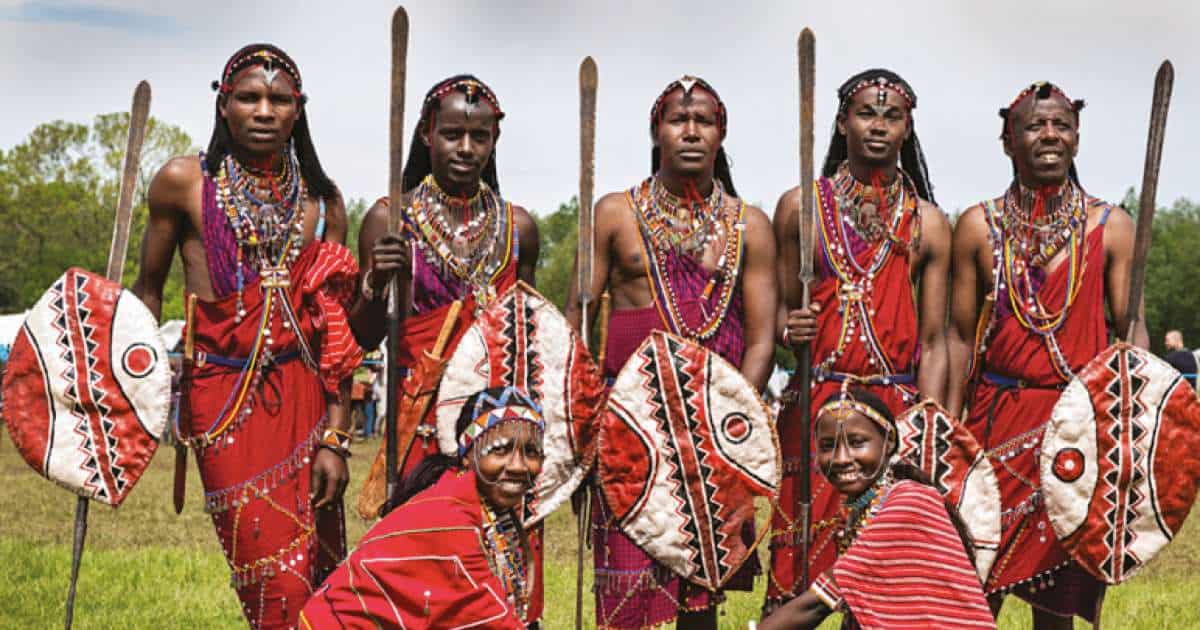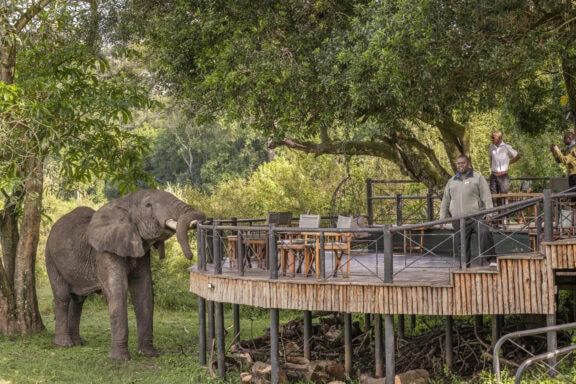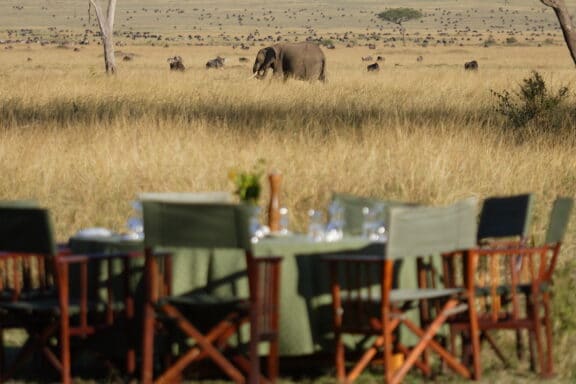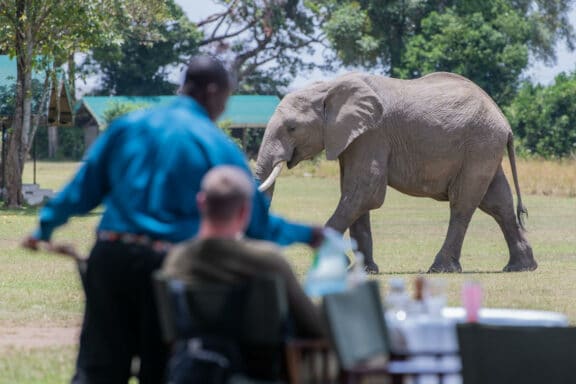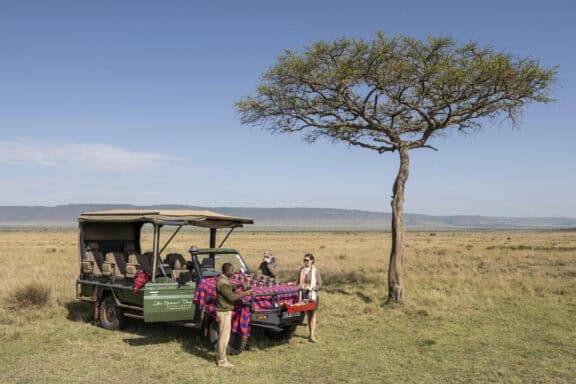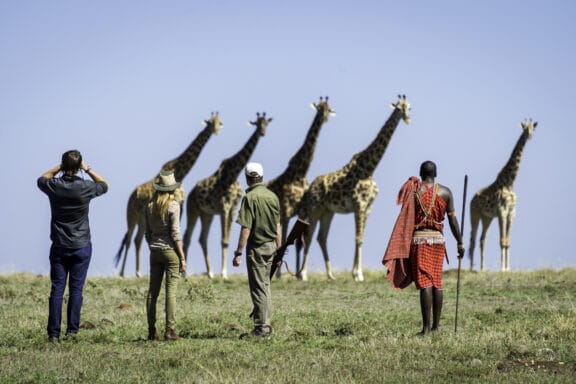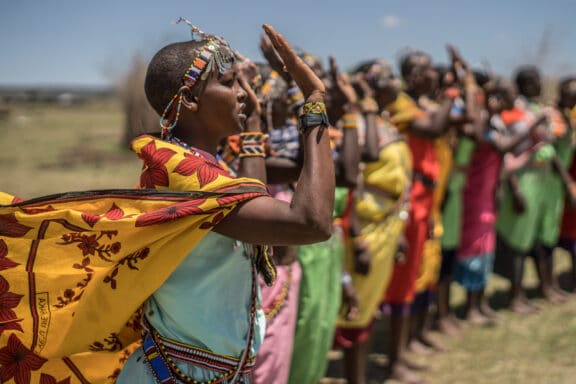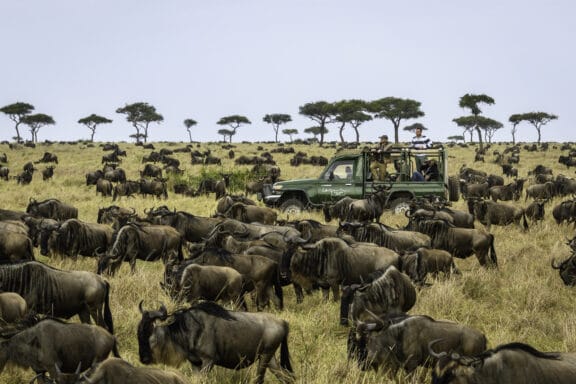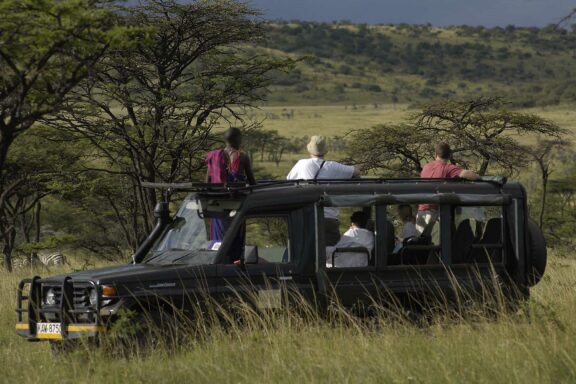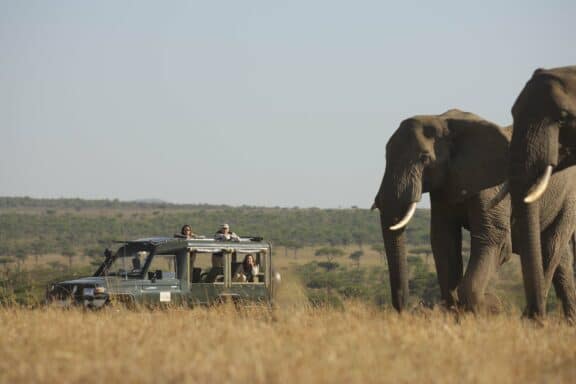Kenya is a land of incredible diversity, not only in its breathtaking landscapes and safaris, but also in its rich cultural heritage. With over 40 ethnic groups, each with its own language, traditions, and customs, Kenya offers a fascinating tapestry of cultures. Whether you’re visiting bustling cities or remote villages, understanding and respecting local cultural norms can enhance your experience and foster meaningful connections.
Diversity of Cultures in Kenya
Kenya’s population is made up of numerous ethnic communities, including the Kikuyu, Luo, Luhya, Kalenjin, Maasai, and Swahili, among others. Each group contributes to the country’s cultural wealth through its distinct traditions, music, dance, cuisine, and clothing. For example:
- The Maasai, known for their vibrant shukas (cloth wraps) and beadwork, are famed for their traditional dances and pastoral lifestyle.
- The Swahili people, primarily along the coast, blend African, Arab, and Persian influences in their language, architecture, and cuisine.
- The Kalenjin, celebrated for producing world-class athletes, have a deep-rooted tradition of long-distance running.
Despite these differences, the Swahili language, a mix of Bantu and Arabic, serves as a unifying national language alongside English, fostering communication and unity among Kenya’s diverse communities.
Cultural Norms to Keep in Mind
- Greetings: Greeting is an important part of Kenyan culture. A handshake is common when meeting someone, often accompanied by inquiries about family or well-being. In rural areas, a longer handshake may signify respect.
- Respect for Elders: Elders are highly regarded in Kenyan society. Showing deference, such as offering them a seat or greeting them first, is a sign of respect.
- Dress Code: Modesty in clothing is appreciated, especially in rural areas and among certain communities. Along the coast, where the Swahili influence is strong, women may be expected to dress conservatively.
- Photography: Always ask for permission before taking photos of people or their property. Some communities may find unsolicited photography intrusive or disrespectful.
- Dining Etiquette: Sharing meals is an essential part of Kenyan hospitality. If invited to someone’s home, it’s polite to taste the food offered, as it’s seen as a gesture of appreciation. Eating with your right hand is the norm in traditional settings.
Festivals and Celebrations
Kenya’s cultural calendar is filled with vibrant festivals that reflect its diverse heritage.
- Mombasa Carnival: A celebration of coastal culture with colourful parades, music, and dance.
- Maasai Mara Cultural Festival: An opportunity to experience Maasai traditions, including their iconic dances and storytelling.
- Rift Valley Music Festival: A blend of local and international music set against the stunning backdrop of Lake Naivasha.
Participating in these events allows travellers to immerse themselves in the warmth and vibrancy of Kenyan culture.
Embracing Kenyan Hospitality
Kenyans are renowned for their hospitality, often going out of their way to make visitors feel welcome. Engaging with locals, learning a few Swahili phrases such as “Jambo” (hello) or “Asante” (thank you), and showing curiosity about their way of life can open doors to unforgettable experiences.
A Nation of Unity in Diversity
Kenya’s motto, “Harambee” (meaning “pull together” in Swahili), reflects the country’s collective spirit despite its diversity. As you explore its bustling cities, serene countryside, and wildlife-rich parks, you’ll find a common thread of resilience, warmth, and pride in heritage among its people.
By respecting Kenya’s cultural norms and celebrating its diversity, visitors can create meaningful connections and memories that last a lifetime. A journey to Kenya is not just about exploring its landscapes but also embracing the heart and soul of its people.






